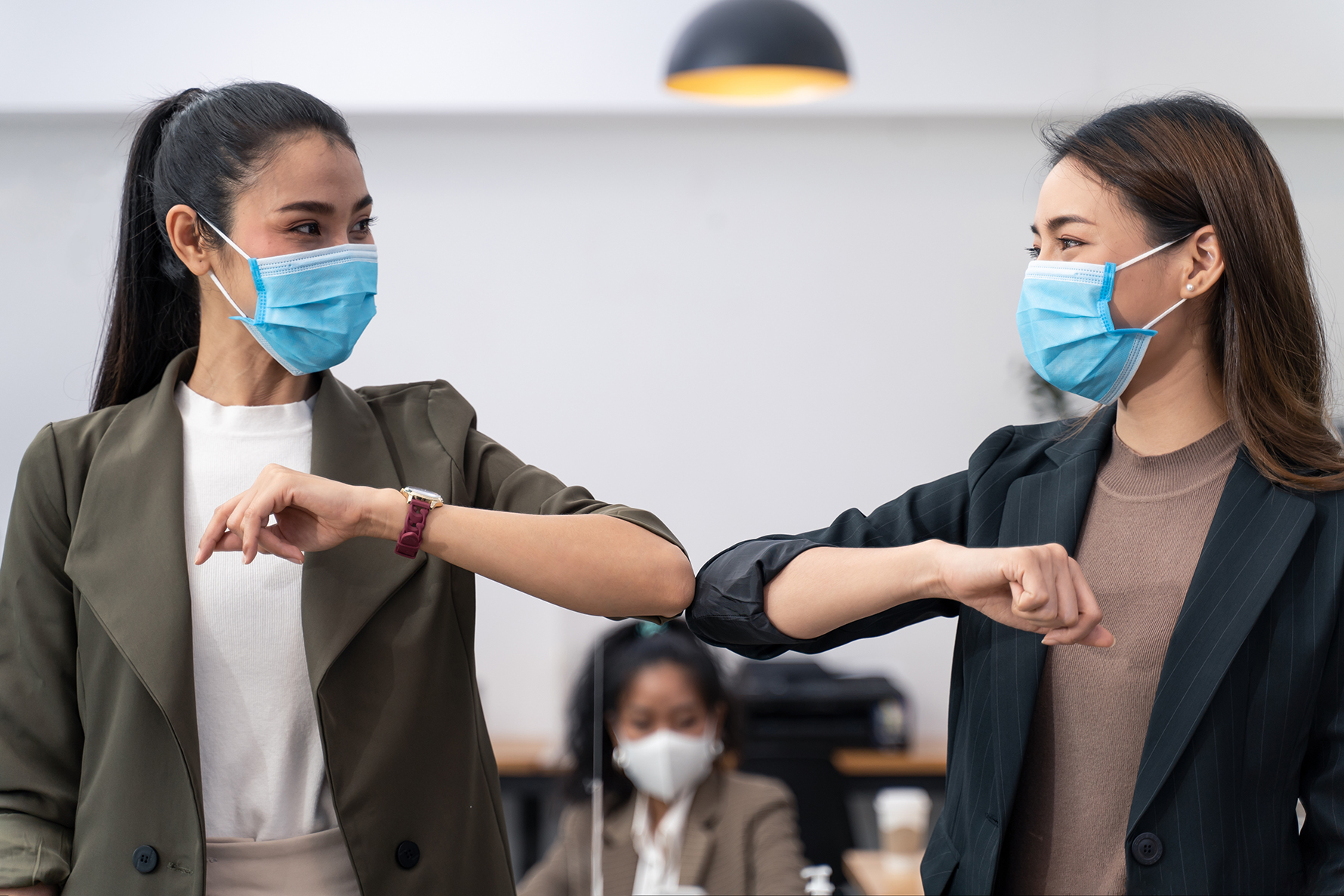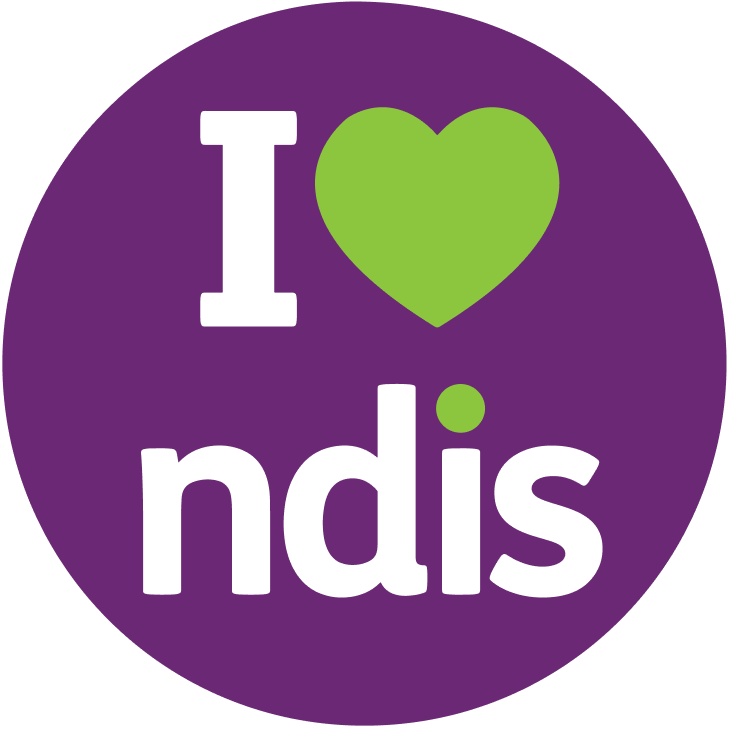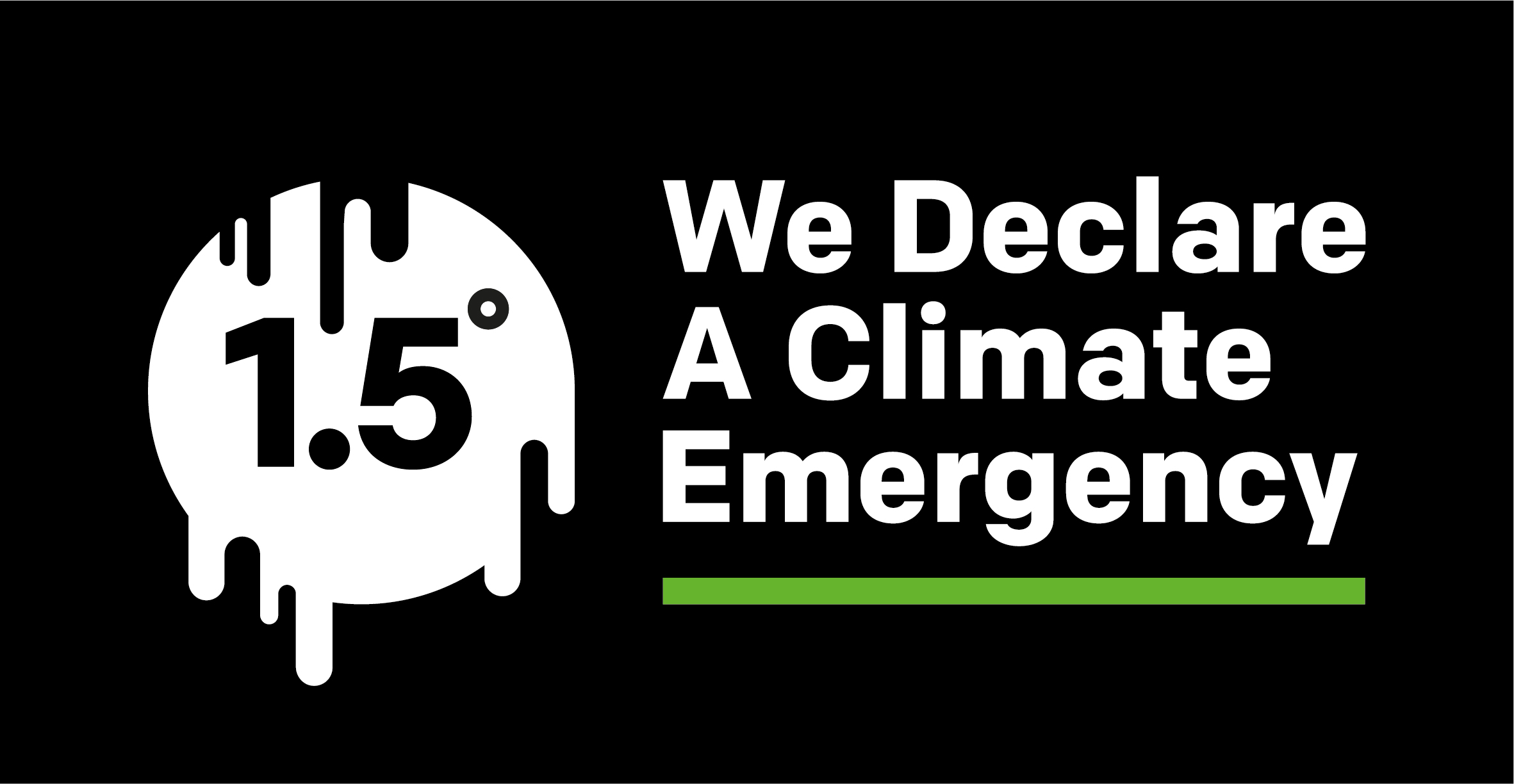COVID-19
Please take the time to make sure you understand the risks regarding COVID-19 and how you can operate safely.
Last updated 10th January 2022

Summary
- Allied health assistants (therapy assistants) are considered essential workers and as such, are permitted to work during coronavirus restrictions
- We recommend Zoom/ telehealth sessions where possible. It is best to discuss with your client/ client’s family or allied health assistant directly to determine what is best for each party
- If everybody agrees to continue with in-person sessions, allied health assistants must conduct a pre-therapy phone screening. There are instructions for how to do this below.
- Please make sure to comply with government recommendations regarding personal protective equipment (PPE). You can find recommendations here
What is Covid-19
COVID-19 is a respiratory illness which is generally thought to spread from person to person. Symptoms of infection include body aches, fever, sneezing, coughing, nausea/vomiting.
With the current COVID-19 pandemic, it is important to be aware of the risks of COVID-19. Be prepared and have plans around reducing exposure risks and managing potential changes to therapy needs.
Those who are at higher risk of becoming seriously ill if they contract COVID-19 are;
- Older adults
- People who have serious chronic medical conditions like heart disease, lung disease and diabetes
- Those with impaired immune systems
If a COVID-19 outbreak happens in your community, the Government may recommend particular actions to reduce the risk of being exposed. An outbreak is when a large number of people suddenly get sick.
How does this affect me?
Over the next few months, you should exercise caution and conduct proper safety routines such as:
- Wash your hands frequently. Regularly and thoroughly clean your hands with an alcohol-based hand rub or wash them with soap and water.
- Maintain social distancing. Maintain at least 1.5 metres (2 arm lengths) distance between yourself and others
- Avoiding touching your face where possible.
- Practice Respiratory hygiene. This means covering your mouth and nose with your bent elbow or tissue if you cough or sneeze. Then dispose of the used tissue immediately.
You should inform your allied health assistants or your clients/their families that you should take a break from usual therapy sessions if any of the following apply to you:
- You have symptoms of a respiratory illness such as cough, fever, difficulty breathing, muscle aches and pains or general malaise.
- You have been in contact with somebody exposed to COVID-19 within the last 14 days.
- You are a returned traveller from a COVID-19 infected country within the last 14 days.
What to do if you’re unwell
If you or somebody you care for is feeling unwell or has symptoms of COVID-19, you can visit a testing site or conduct a test at home using a Rapid Antigen Test (RAT).
If you are worried, please phone your doctor. It is important to call before attending in person. Tell your doctor about your symptoms, travel history and any recent close contact with someone who has COVID-19. You can stay up to date with any advice and developments on the Australian Government website or view the COVID-19 Test and Isolate National Protocols
What to do if you test positive for COVID-19
Please let Fora know as soon as possible. We can advise the clients or allied health workers you have been in contact with to seek testing.
The Australian government has also released the COVID-19 Test and Isolate National Protocols that outline an appropriate response to a positive test result.
You will receive specific information from your doctor about recommendations for how to manage infection and when to present to hospital (if required). You can stay up to date with any advice and developments on the Australian Government website.
What is Fora doing?
Restricted sessions
In-person sessions are permitted if all parties agree, but a pre-therapy screen must occur before all in-person sessions. Allied health assistants are required to wear appropriate PPE at all times during in-person sessions and are paid extra per hour in addition to regular wages to account for the cost of PPE.
Telehealth sessions
Sessions are encouraged to be conducted via telehealth where appropriate. Use your favourite video chat platforms in order to conduct sessions via telehealth.
If allied health assistants or clients require assistance with this, Fora can set this up for you.
Pre-therapy phone screening:
Before conducting each in-person session at a client’s home, allied health assistants are required to conduct a pre-therapy screen. This can be a 5-minute phone call, an sms or email to answer some safety questions before proceeding with the session.
As a reminder, for those with COVID-19 exposure, please see the COVID-19 Test and Isolate National Protocols.
The pre-therapy phone screen is as follows: In the last 7 days, have you or anybody within the household:
- Tested positive or presumptively positive for COVID-19 or been identified as a potential carrier of the COVID-19 virus or similar communicable illness?
- Experienced any symptoms commonly associated with COVID-19 (such as cough, fever, difficulty breathing, muscle aches and pains or general exhaustion)?
- Been in direct contact with or in the immediate vicinity of any person who then knew and/or now is known to be infected with COVID-19 or has been identified as a potential carrier of COVID-19?
- Finished their isolation period in response to testing positive or being a close contact for COVID-19?
We then invite the client or the client’s parent/guardian to ask the same questions back to the allied health assistant.
If either party answers YES to any of the above questions, the in-person therapy session SHOULD NOT go ahead, and alternative arrangements such as telehealth should proceed where appropriate.
Either the client or client’s parent/guardian or allied health assistant has the right to decline in-person sessions at any time. If these instructions require clarification please contact Fora.
What personal protective equipment (PPE) do allied health assistants need to wear?
More updates to come..
If you would like clarification on any of the points listed above please don’t hesitate to reach out to us via email (info@foratherapy.com) or phone (1800 921 422)


